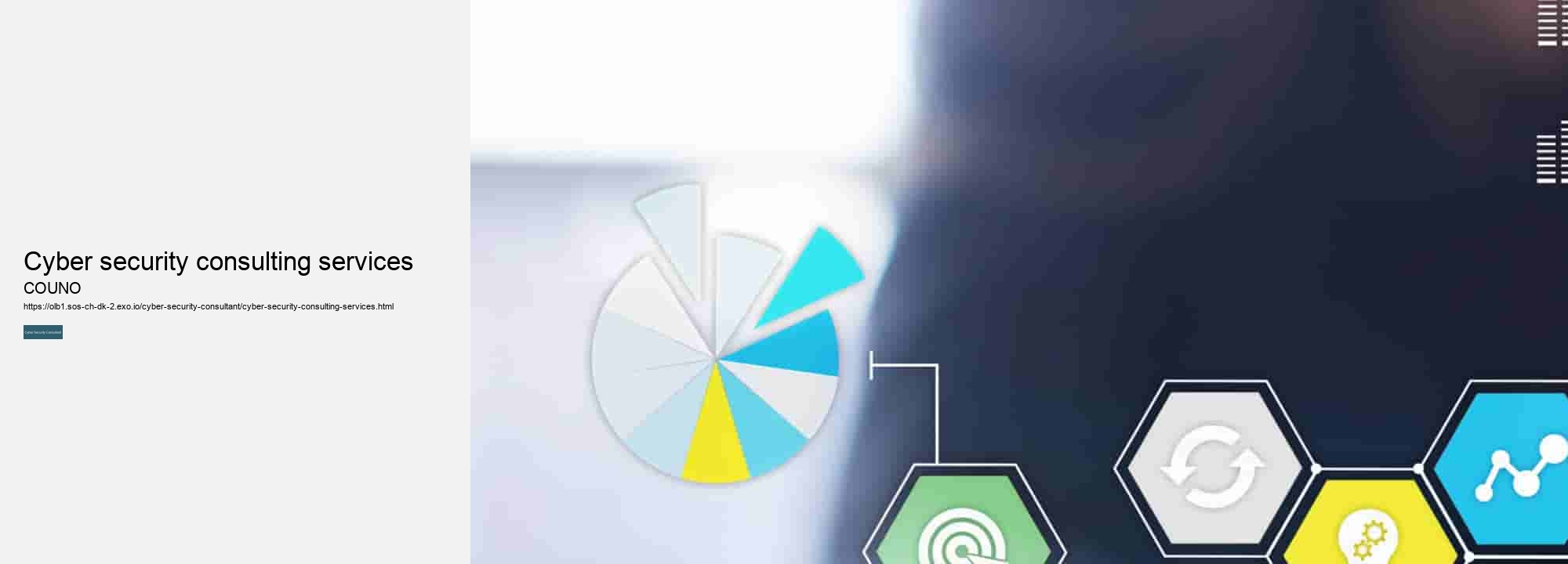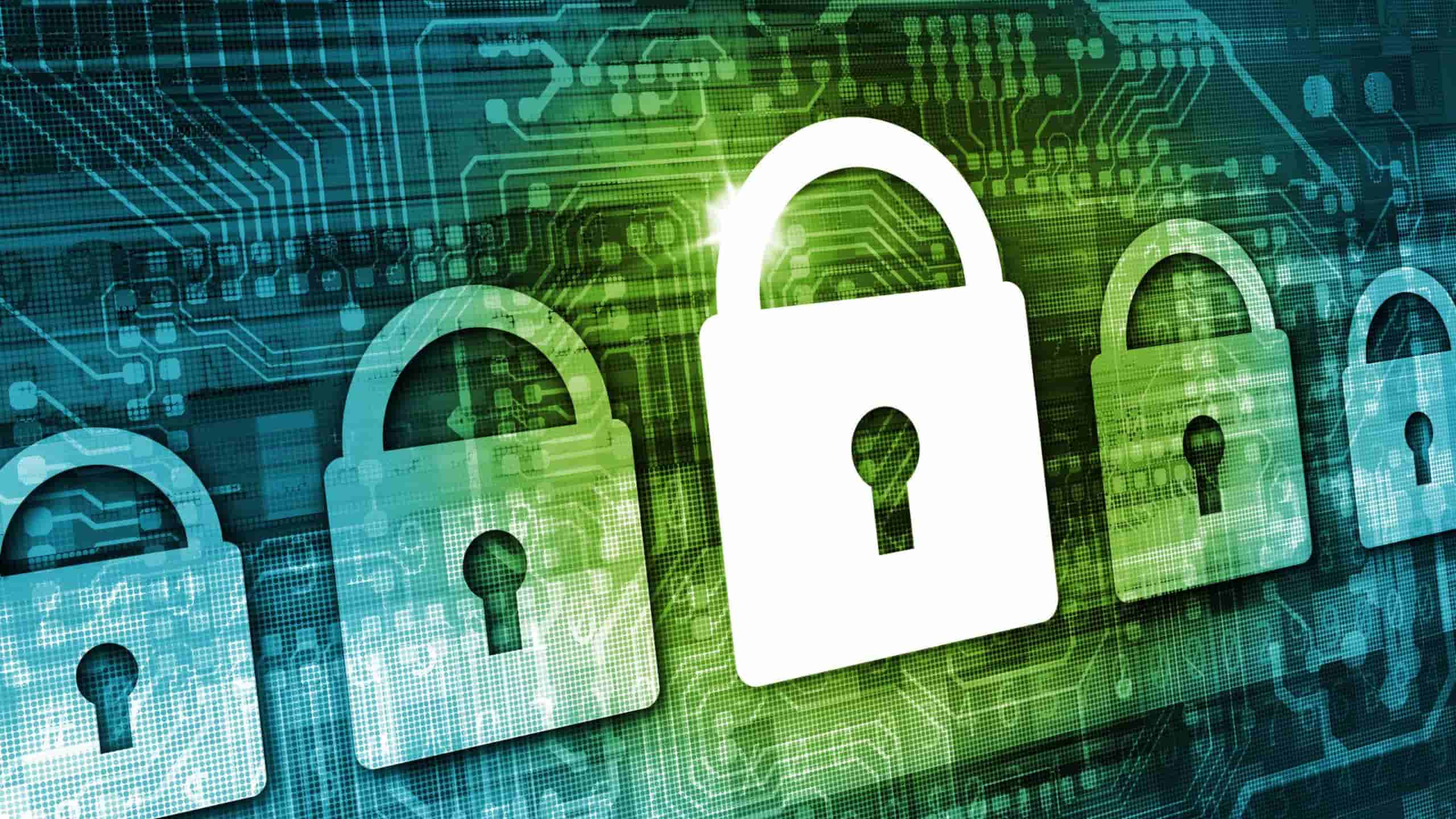

In addition to these basic steps, consider setting up a firewall on your router. A firewall acts as a barrier between your network and the outside world, monitoring incoming and outgoing traffic for suspicious activity. By configuring a firewall on your router, you can add an extra layer of protection against hackers. Finally, consider investing in a virtual private network (VPN) for added security.
Additionally, using a VPN allows you to browse anonymously and access geo-restricted content. By following these steps, you can significantly enhance the security of your home network and minimize the risk of falling victim to hackers. Remember that staying vigilant and proactive about cybersecurity is key in today's digital landscape.
How to Safely Shop and Bank Online without Risking Identity TheftIn today's digital age, shopping and banking online has become a common practice for many people. It offers convenience and accessibility that traditional brick-and-mortar stores cannot match. However, with the rise of cybercrime and identity theft, it is essential to take precautions to safeguard your personal information while conducting transactions online.
Look for websites that use encryption technology such as SSL (Secure Sockets Layer) to protect your data from hackers. You can easily identify secure websites by looking for a padlock icon in the address bar or checking if the URL starts with "https" instead of just "http". It is also crucial to create strong passwords for your online accounts.
A strong password should be at least 12 characters long and include a mix of letters, numbers, and special characters. Avoid using easily guessable information like your birthdate or pet's name as passwords. Additionally, consider using a password manager to generate and store complex passwords securely. Another way to enhance your online security is by enabling two-factor authentication whenever possible. This adds an extra layer of protection by requiring you to provide a second form of verification before accessing your account. This could be a code sent to your phone or email, making it harder for cybercriminals to gain unauthorized access.
Hackers can intercept data transmitted over unsecured Wi-Fi connections, putting your sensitive information at risk. If possible, avoid conducting financial transactions on public networks or use a virtual private network (VPN) for added security. Regularly monitor your bank statements and credit reports for any suspicious activity that could indicate identity theft. Report any unauthorized transactions immediately to your bank or credit card company and consider placing a fraud alert on your accounts. By following these tips and staying vigilant about protecting your personal information online, you can shop and bank safely without risking identity theft.
Remember that prevention is key when it comes to safeguarding yourself against cyber threats in our increasingly digital world. How to Stay Safe on Social Media and Avoid Privacy BreachesIn today's digital age, social media has become an integral part of our daily lives. It allows us to connect with friends and family, stay updated on current events, and share our thoughts and opinions with the world. However, with the convenience of social media comes the risk of privacy breaches and cyber threats. To stay safe on social media and avoid privacy breaches, there are a few key practices that you should keep in mind. First and foremost, it's important to be mindful of the information you share online.
Remember that once something is posted online, it can be difficult to completely erase it from the internet. Another important aspect of staying safe on social media is being selective about who you connect with. Be cautious about accepting friend requests or following people you don't know personally. Scammers and hackers often use fake profiles to gain access to personal information or spread malware. If someone seems suspicious or makes you uncomfortable, trust your instincts and unfriend or block them.
Most platforms offer customizable privacy settings that allow you to control who can see your posts, photos, and personal information. Take the time to familiarize yourself with these settings and adjust them according to your comfort level. Additionally, be wary of phishing scams and suspicious links that may appear in messages or posts on social media. Hackers often use these tactics to trick users into revealing sensitive information or downloading malware onto their devices. If something seems fishy or too good to be true, it's best to err on the side of caution and avoid clicking on any unknown links.
This adds an extra layer of security by requiring a second form of verification before granting access to your account. By following these practices and staying vigilant while using social media platforms, you can help protect yourself from privacy breaches and cyber threats. Remember that your safety online is just as important as offline – so take steps to safeguard your personal information and enjoy all that social media has to offer responsibly. How to Educate Yourself and Your Family about Cyber Security Best PracticesIn today's digital age, it is more important than ever to educate ourselves and our families about cyber security best practices. With the increasing number of cyber threats and attacks targeting individuals and businesses alike, being informed and proactive in protecting our personal information online is crucial.

One of the first steps in educating yourself and your family about cyber security is to stay informed about the latest trends and threats in the digital world. This can be done by following reputable sources such as cybersecurity blogs, news websites, or attending webinars and workshops on the topic. By staying up-to-date with current events in cybersecurity, you can better understand the risks involved and take necessary precautions to protect yourself. Another important aspect of cyber security education is teaching your family members about basic online safety practices.
By instilling these habits early on, you can help prevent potential cyber attacks and keep your family safe while navigating the internet. Furthermore, it is essential to discuss the importance of privacy settings on social media platforms and other online accounts with your family members. Encourage them to regularly review their privacy settings and adjust them accordingly to ensure that their personal information remains secure.
By setting boundaries early on and monitoring their online activities, you can help protect them from cyber threats. Lastly, make sure to have open conversations with your family members about cyber security concerns and encourage them to ask questions if they are unsure about something. By fostering a culture of communication around this topic, you can create a supportive environment where everyone feels comfortable seeking help or guidance when needed.
By staying informed, practicing good online habits, teaching basic safety measures to your loved ones, and fostering open communication around this topic, you can better protect yourselves from potential cyber threats and ensure a safer online experience for all. Importance of Cyber Security in the Modern Digital AgeIn today's modern digital age, the importance of cyber security cannot be overstated. As technology continues to advance and more aspects of our lives become digitized, the need to protect our sensitive information from cyber threats has never been more crucial.
Cyber security is essential for safeguarding personal data, financial information, and intellectual property from hackers and malicious actors. With the rise of online banking, shopping, and social media platforms, individuals are increasingly at risk of falling victim to cyber attacks such as hacking, phishing scams, and ransomware. Furthermore, businesses must also prioritize cyber security in order to protect their customers' data and preserve their reputation. A data breach can have devastating consequences for a company's bottom line and credibility, leading to loss of trust among consumers and potential legal ramifications. In addition to protecting individual privacy and corporate assets, cyber security plays a critical role in national security.
As we become more interconnected through the Internet of Things (IoT) and smart devices, the attack surface for cyber criminals continues to expand. It is imperative that we remain vigilant in implementing strong security measures to mitigate these risks. Ultimately, investing in robust cyber security practices is not just a matter of convenience - it is a necessity in order to safeguard our digital identities and ensure a safe online environment for all users. By staying informed about emerging threats and adopting best practices for securing our devices and networks, we can help prevent potentially catastrophic breaches that could compromise our personal safety and livelihoods.
As technology continues to advance, so do the threats that put our personal information and data at risk. Understanding common cyber security threats and how to prevent them is crucial in safeguarding ourselves and our sensitive information from falling into the wrong hands. One of the most common cyber security threats is malware, which includes viruses, worms, trojans, spyware, and ransomware. Malware can infect your devices through malicious websites, email attachments, or software downloads.
Phishing attacks are another prevalent threat in which attackers trick individuals into disclosing their personal information such as passwords or credit card details by posing as legitimate entities. To protect yourself from phishing scams, always verify the sender's identity before clicking on any links in emails or messages and be cautious when providing sensitive information online. Ransomware attacks have become increasingly common in recent years, where cyber criminals encrypt a user's files and demand payment for their release. To prevent falling victim to a ransomware attack, regularly back up your data on an external hard drive or cloud storage platform and refrain from opening attachments or links from unfamiliar sources.

Another significant cyber security threat is insider threats, where employees with access to sensitive company data intentionally or unintentionally compromise its security. Implementing strict access controls and monitoring employee behavior can help mitigate insider threats within organizations. Lastly, insecure Wi-Fi networks pose a risk of unauthorized access to your devices and data by hackers looking to intercept sensitive information transmitted over unsecured connections. To protect yourself while using public Wi-Fi networks, use a virtual private network (VPN) for encrypted communication and avoid accessing confidential accounts or making online purchases on unsecured networks.
By following best practices such as keeping software updated, being cautious with emails and links, backing up data regularly, implementing strong access controls within organizations,and using secure Wi-Fi connections , we can effectively defend against potential cyber attacks and safeguard our digital lives. The Role of Artificial Intelligence in Enhancing Cyber SecurityIn recent years, the role of artificial intelligence (AI) in enhancing cyber security has become increasingly important. As technology continues to advance, so do the ways in which cyber threats can be perpetrated.
One of the key benefits of using AI in cyber security is its ability to quickly analyze large amounts of data in real-time. This allows for faster detection and response to potential threats, reducing the risk of a successful attack. AI algorithms can also learn from past incidents and continuously improve their ability to identify new and evolving threats.
This frees up human analysts to focus on more strategic tasks and decision-making, ultimately increasing overall efficiency and effectiveness in detecting and responding to threats. Furthermore, AI can help enhance threat intelligence by analyzing vast amounts of data from various sources to identify trends and patterns that may indicate a potential attack. By providing actionable insights into emerging threats, AI can help organizations proactively defend against new vulnerabilities before they are exploited by malicious actors.
However, it's important to note that while AI offers many benefits in enhancing cyber security, it is not a silver bullet solution. It should be used as part of a comprehensive cyber security strategy that includes well-trained personnel, robust policies and procedures, and regular testing and updates of security measures. In conclusion, the role of artificial intelligence in enhancing cyber security cannot be understated. By leveraging the power of AI technologies, organizations can strengthen their defenses against an ever-evolving landscape of cyber threats.
Data Breaches: Causes, Impacts, and Prevention StrategiesData breaches have become a common occurrence in today's digital age, with cybercriminals constantly looking for ways to exploit vulnerabilities in systems and networks. These breaches can have serious consequences for both individuals and organizations, ranging from financial losses to reputation damage. In this essay, we will explore the causes of data breaches, their impacts, and some prevention strategies that can help mitigate the risk.
Whether it's clicking on a malicious link in an email or using weak passwords, employees often unknowingly put their organizations at risk. Another common cause is outdated or unpatched software, which can leave systems vulnerable to attack. Additionally, sophisticated hacking techniques such as malware and ransomware are becoming more prevalent, making it easier for cybercriminals to gain unauthorized access to sensitive data.

Services include risk assessment, penetration testing, compliance audits, incident response planning, and security awareness training.
They use a combination of manual assessments and automated tools to scan systems, review configurations, and perform penetration testing.
Regular assessments, ideally annually or biannually, are recommended, especially after significant changes to the IT infrastructure or after a security incident.